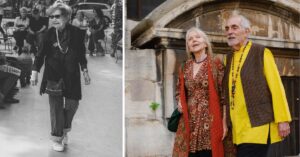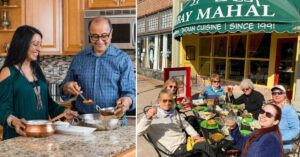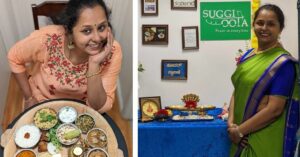Bihar to Sydney: My Story of Studying Under Kerosene Lamp to Starting a Brain Clot Bank
Dr Sonu Bhaskar overcame personal battles to establish the NSW Brain Clot Bank in Sydney, Australia, to research strokes and their causes.
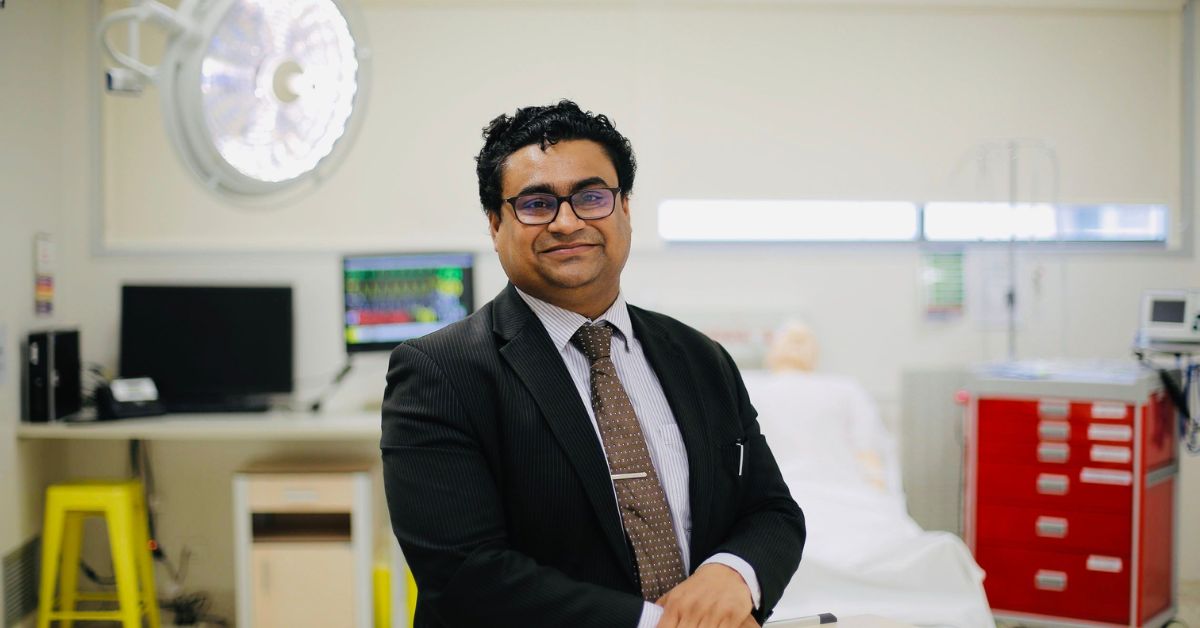
Great leaders and thinkers often come from humble beginnings. One such man is Dr Sonu Bhaskar. On a mission to find out the reason for the occurrence of strokes, Dr Bhaskar started one of the world’s largest brain clot banks in Sydney, Australia, in 2019. He is the recipient of several awards, including two European Academy of Neurology (EAN) Investigator Awards, the Australian Global Talent Award, the 40 Under 40 Asian-Australian Awards 2022 and many more.
What makes this 38-year-old’s achievements incredible is his resilience.
Many years before there was limited awareness of neurodiversity in India, he recollects on the challenges of ‘being different’.
Coming from a strong supportive family, his constant companions were his books and his grandfather. But growing up in Muzaffarpur, Bihar, in the 80s meant walking 4-5 km to school every day and studying despite massive power cuts daily.
“I was a shy, soft child who was an introvert. I would stammer and have dyspraxia. I would find it difficult to do things like tie my shoelaces. I was bullied at school but found refuge in books and science. It was a world where I could hide. As my father was a clerk at a bank, he couldn’t afford to buy new books. He would take me to a second-hand bookshop, and the seller became one of my best friends. He would give me many books for free too,” says Dr Bhaskar to The Better India.
It was only after he grew up that this neurologist realised that he was on the spectrum.
This love for books brought about a keen interest in science and mathematics in him. However, even reading those books was a challenge due to the power cuts.
The Bhaskars would study using kerosene lamps.
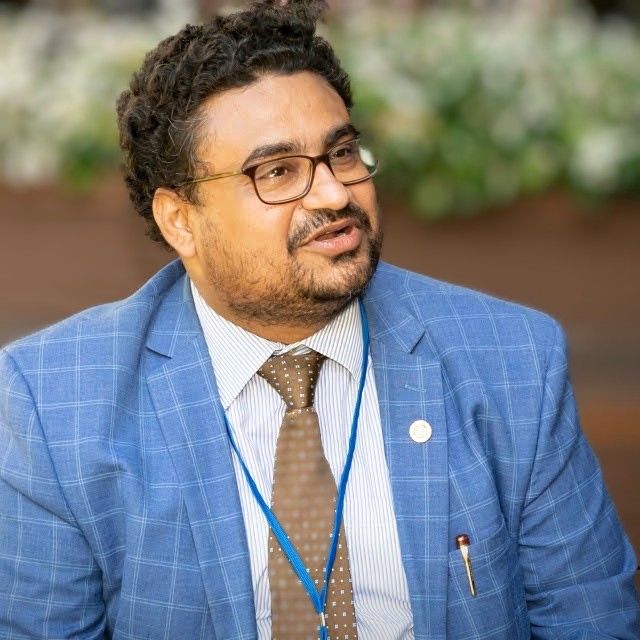
“I have a younger sister and brother. In those days, we would have power only for 7-8 hours a day. We would use kerosene lamps to study. I would teach my siblings first, and then study myself,” adds Dr Bhaskar.
He also remembers owning just one pair of shoes and every time it would get torn, he would get it repaired.
“On the way to school, there was a football field and a railway track that we had to cross. My black shoes would always get dirty in the field. I would try to wipe it using a cloth or newspaper, but it wasn’t enough. We were punished in school for having dirty shoes,” says Bhaskar.
He would also compete for several scholarships and olympiads from a young age.
“Since we didn’t have many opportunities in our school or town, we would try and participate in as many competitions as possible to enhance our knowledge. I found solace in science and education,” adds Dr Bhaskar.
This eventually led to him getting a scholarship to study medicine and neurosciences at the University of Zaragoza in Spain. It is here that he began his research into neuroradiology, neurophysiology and neuroimaging techniques, with a focus on stroke patients.
Causation of strokes
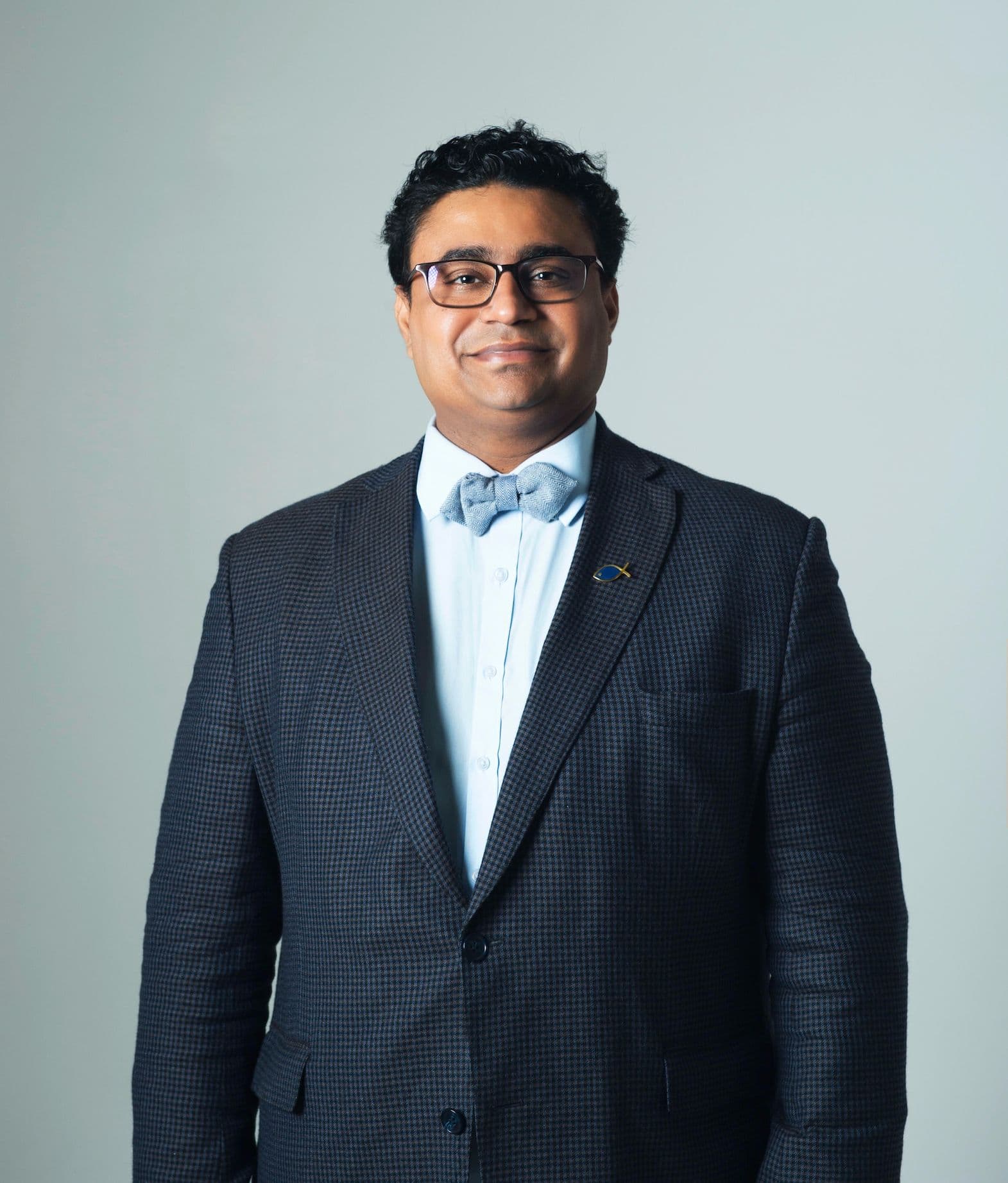
After working in the Netherlands and Spain, he moved to Australia in 2013. Always fascinated by the human brain, he started working extensively on stroke research. During this research, Dr Bhaskar got particularly interested in acute strokes.
According to the Brain Foundation, a stroke is the third most common cause of death in Australia and a leading cause of disability. According to data, 1 in 4 adults over the age of 25 will have a stroke in their lifetime. It estimates 12.2 million people worldwide would have had their first stroke this year and 6.5 million will die due to it.
“There are some strokes called cryptogenic stroke where we don’t know the cause. A new treatment called endovascular thrombectomy came up in 2015, which allows for the removal of blood clot. This was absolutely revolutionary. It helped in recovery. I started wondering if we could look at these clots and analyse the reason for the stroke, which would essentially help others,” says Dr Bhaskar.
Taking inspiration from cancer bio-banks, he thought of a blood clot bio-bank.
In this bank, brain clots are retrieved and stored in a digital form. Advanced microscopic brain imaging of patients are gathered. Researchers then work towards the prevention and treatment of strokes with the help of this data.
He started working on it in 2017, and after 2.5 years of hard work, the NSW Brain Clot Bank was launched in 2019. Dr Bhaskar was awarded two European Academy of Neurology (EAN) Investigator Awards in 2019 for the same.
“We can use this to improve clinical practice. We hope to use this bank to help patients across the world and share our data. We already have hundreds of samples which can be translated for treatment. I hope that the research from our bank can be used for treating patients in remote corners of Australia, India, and around the world,” says Dr Bhaskar.
Today, he has opened a satellite bio-bank in Liverpool, England, as well.
‘Be your authentic self’
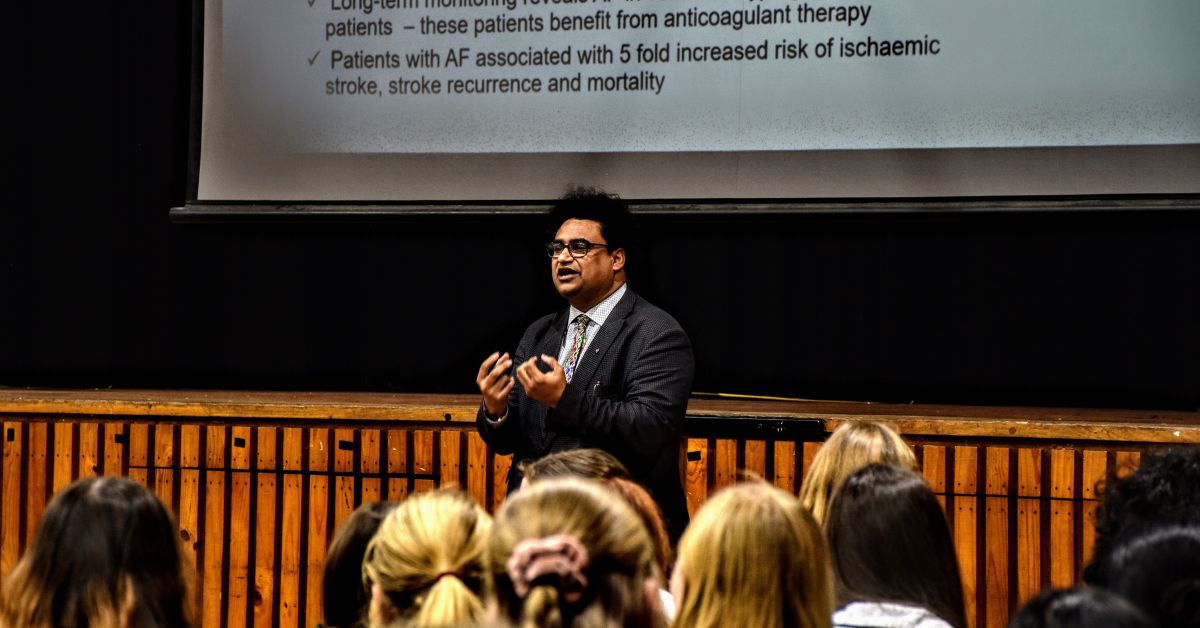
Dr Bhaskar hopes to someday prevent deaths due to stroke.
He also gives many lectures in schools and colleges and works towards diversity and inclusion. He says he wants to help neuro-diverse kids reach their potential.
He says, “My grandfather has been my biggest inspiration in life. He mentored and stood by me throughout my childhood. One day, I came home crying from school because someone had bullied me. He told me that this might happen again. He said, ‘People will want you to change, but you must not. Always be your authentic self.’ That has stuck with me to date.”
For this researcher, his humble beginnings helped shape and ground him. He hopes to work towards reducing the inequities in medicine and healthcare by sharing information on cardiovascular diseases.
“I hope to help children like me who are neuro-diverse, different and don’t fit into any boxes,” says Dr Bhaskar.
Sources
Edited by Yoshita Rao, Images Courtesy Dr Sonu Bhaskar
This story made me
- 97
- 121
- 89
- 167
Tell Us More
We bring stories straight from the heart of India, to inspire millions and create a wave of impact. Our positive movement is growing bigger everyday, and we would love for you to join it.
Please contribute whatever you can, every little penny helps our team in bringing you more stories that support dreams and spread hope.






